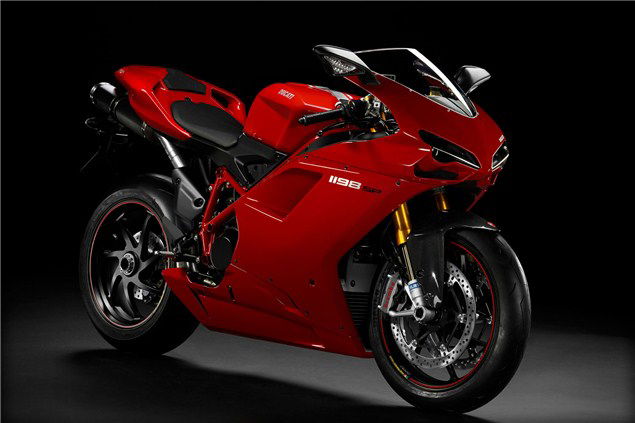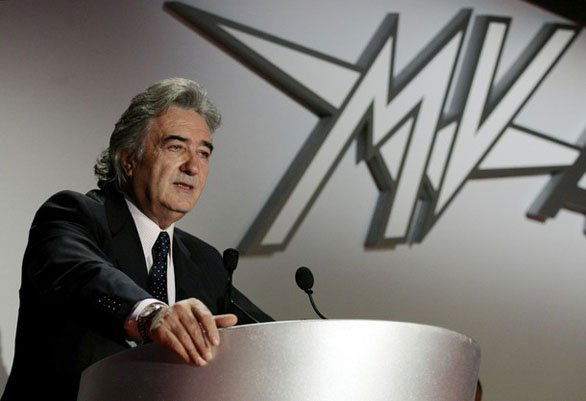Ducati looking at stock market flotation?
Ducati proposing to offer shares for the second time

DUCATI could be floated on the stock market next as plans are set for an initial public offering (IPO) in Hong Kong next year, aligning the Italian manufacturer with luxury brands with a market value of £875 million.
According to a report in the Sunday Times, the private equity owner of Ducati, Milan-based Investindustrial, have been in discussion for a share offering with banks readying the company for a sale but maintaining a monitor on the current market situation with a decision ready on whether to proceed early in 2012.
Hong Kong has become desirable as a financial centre for luxury brands seeking a public listing, as Ducati will follow IPOs from other companies such as fashion house Prada, cosmetics group L'Occitane and luggage maker Samsonite, all also debuted here in the past 18 months.
On the way to a £79m profit, Asia has become a prime market for Ducati as bike sales grew by 50% last year to 8,000 and the Italian company has a projected forecast that this will increase to 120,000 sold in the next five years.
Returning to profitability in 2008, Ducati has seen a turn around in its fortunes after switching back to italian ownership from American. In 1996, US private equity firm Texas Pacific Group bought a 51% stake in partnership with an Italian sector of Deutsche Bank, adding the remaining 49% two years later for $500m (£307m).
Going public in 1999, TPG renamed the company Ducati Motor Holding SpA, but the firm were criticised for allowing the top designers for the Italian manufacturer to leave and for attempting to improve the brand's popularity in the US - at the expense of its exclusivity. The subsequent listing saw TPG remain as the majority selling over 65% of its shares in Ducati.
However, in December 2006 Ducati returned to Italian ownership with TPG selling its remaining $50m stake to Italian private equity firm Investindustrial. Following the buy-out the holdings company de-listed Ducati and undertook a massive cost-cutting programme by reducing production and placing salary cuts on executives.








